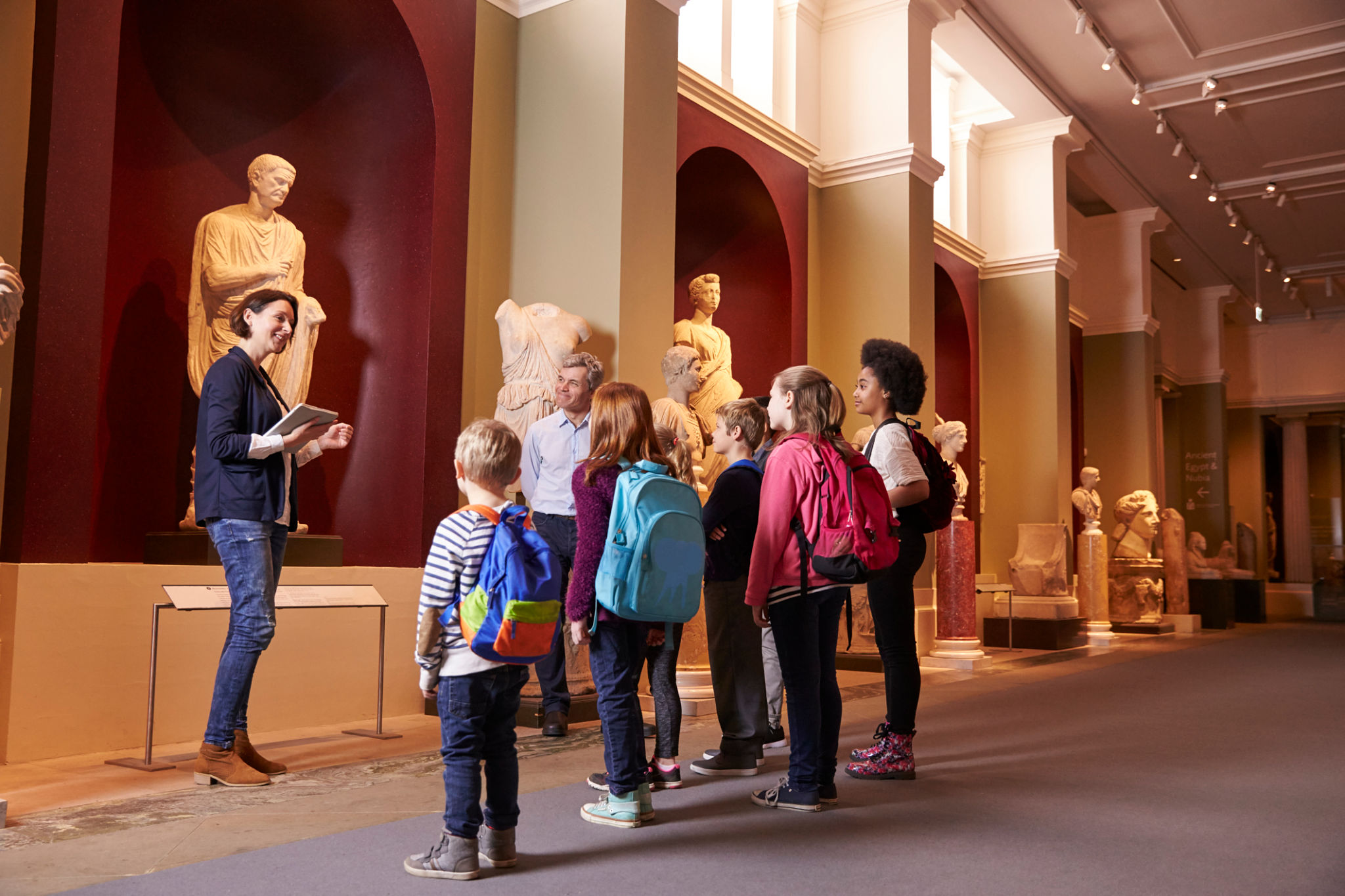Top Tips for Enrolling Your Child in Spanish Schools
Research the Educational System
Understanding the educational system in Spain is crucial before enrolling your child in a school there. The Spanish education system is divided into different stages, including Infantil (Preschool), Primaria (Primary), and Secundaria (Secondary). Each of these stages has its own requirements and curriculum. Familiarize yourself with these to ensure a smooth transition for your child.
It’s essential to know about the public, private, and concertado (semi-private) schools, as each offers different benefits. Public schools are free and funded by the government, whereas private schools are entirely tuition-based. Concertado schools offer a mix of public funding and private tuition fees, striking a balance between the two.

Language Considerations
One of the primary considerations when enrolling your child in a Spanish school is the language of instruction. Most public schools teach in Spanish, but there are also bilingual and international schools available that offer instruction in both Spanish and English or other languages.
If your child doesn’t speak Spanish fluently, consider enrolling them in a bilingual program to facilitate their language learning. Many schools offer additional language support and classes to help non-native speakers adapt.
Language Support Programs
Look into schools that have robust language support programs. These programs can significantly aid your child in overcoming the language barrier, making their educational experience more enriching and less stressful.

Visit Schools in Person
While online research is beneficial, visiting schools in person provides a real feel for the learning environment. It's an opportunity to meet teachers, observe classes, and get feedback from other parents. During visits, pay attention to the school's facilities, class sizes, and overall atmosphere.
Prepare a list of questions to ask during these visits. Inquire about the school's educational philosophy, extracurricular activities available, and how they handle students who need extra assistance or have special needs.
School Environment and Culture
The cultural environment of the school is another critical aspect to consider. A welcoming and inclusive school culture will help your child feel comfortable and integrate more quickly into their new surroundings.

Understand Admission Requirements
Each school may have different admission requirements and deadlines, so it’s vital to gather all necessary information early. Generally, you will need to provide documents such as your child's birth certificate, vaccination records, and previous school records if applicable.
Be aware of application deadlines, which can vary significantly between public and private institutions. Missing these deadlines could delay your child's enrollment.
Prepare for Cultural Differences
Moving to a new country involves adapting to its culture and lifestyle. Spain has its unique customs and traditions that may influence school life. Encourage your child to embrace these differences as part of their learning experience.
Participating in local activities and events can help your child make friends and feel more at home. Additionally, engaging with other expatriate families can provide support and insight into navigating the Spanish school system.

Support Your Child's Transition
Your support plays a significant role in helping your child adjust to their new school environment. Communicate openly with them about any challenges they may face and provide encouragement as they adapt to their new routine.